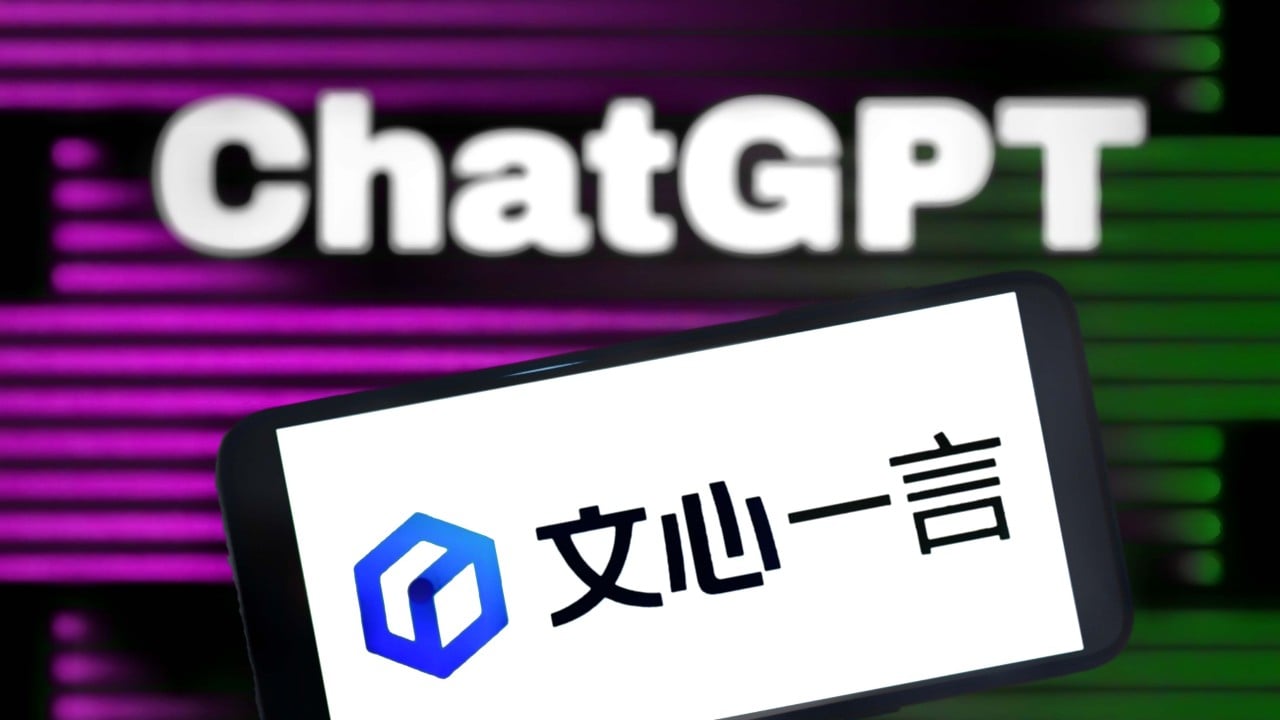The attack was first reported by an unidentified company in Hangzhou, capital of eastern Zhejiang province, whose systems were blocked by ransomware, according to a report published Thursday by the official Xinhua news agency. The hackers demanded 20,000 Tether, a stable cryptocurrency pegged to the US dollar, to restore access.
In late November, police arrested two suspects in Beijing and two others in Inner Mongolia, who admitted to “writing versions of ransomware, optimizing the program with the help of ChatGPT, performing vulnerability scans, gaining access through infiltration, planted ransomware and carried out operations.” extortion,” the report states.
Why China is still several steps behind in the AI chess game launched by ChatGPT
Why China is still several steps behind in the AI chess game launched by ChatGPT
After OpenAI introduced its chatbot in late 2022, sparking an arms race in the field among tech giants, ChatGPT and similar products have attracted interest from Chinese users. However, OpenAI has blocked Internet Protocol addresses in China, Hong Kong, and sanctioned markets like North Korea and Iran. Some users get around the restrictions by using virtual private networks (VPNs) and a phone number from a supported region.
Commercially, there are “non-compliance risks” for domestic companies that build or lease VPNs to access OpenAI’s services, including ChatGPT and text-to-image generator Dall-E, according to a report from the law firm King & Wood Mallesons.



